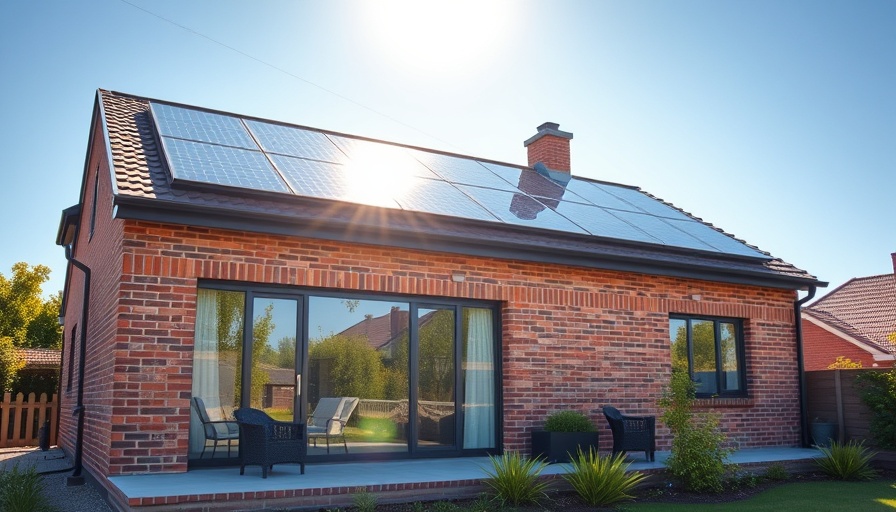
Realizing Your Dream: Buying a Home on a Tight Budget
In today’s housing market, the prospect of homeownership can feel daunting, particularly for those facing financial constraints. However, it’s crucial to remember that buying a house with a low income is not only possible, but increasingly achievable—thanks to various assistance programs, strategic planning, and tailored financing options. This article presents essential tips alongside actionable insights, enabling you to navigate the road toward homeownership effectively.
Understanding Low-Income Opportunities
The definition of low income can vary dramatically based on regional median income levels. Thus, it’s essential to familiarize yourself with the designated thresholds in your area, as they impact eligibility for numerous homebuyer assistance programs. Federal programs like the USDA Rural Development loan and the FHA loan cater specifically to individuals with lower incomes, easing the burden of entering the real estate market. Partnering with a knowledgeable real estate agent who understands these programs can elevate your chances of finding a suitable home.
Improve Your Chances: Credit Scores and Financial Planning
One of the primary factors influencing loan approvals is your credit score. Lenders see a higher score as an indication of reliability. To increase your score, focus on making timely bill payments, reducing existing debt, and maintaining a low credit utilization ratio. Financial planning forms another pillar of preparedness. Knowing your debt-to-income ratio (DTI) is instrumental when estimating how much house you can afford. This knowledge arms you with the confidence to approach lenders with clarity.
Saving Strategies: Down Payments Made Achievable
While not all home loan options require substantial down payments, saving more can lead to advantageous terms. Aim to save at least 3% to 5% of the home's price for a conventional loan. Additionally, explore state and local programs that may offer grants or forgive portions of the down payment based on income levels. Utilizing websites like Redfin and Zillow can help you access relevant property listings tailored to your budget.
The Importance of Comparing Loan Options
Not all mortgage solutions are created equal. It’s beneficial to research different loan types, including fixed-rate, adjustable-rate, and interest-only loans. Each has unique features and qualifications, particularly in a fluctuating real estate market. By consulting with a real estate attorney or financial advisor, you can discern the most viable path tailored to your financial state.
Moving Past Debt: Strategies for Reduction
Debt is often a barrier for potential homebuyers, but reducing liabilities can create room for mortgage payments. Focus on high-interest debts first, and consider consolidation loans or debt management programs. This proactive approach potentially boosts your credit score and enhances perceptions of creditworthiness among lenders.
Overcoming Misconceptions: Homeownership for Everyone
An enduring misconception is that homeownership is off-limits to those with low incomes. In reality, the advantages of owning a home—stability, wealth accumulation, and personal freedom—are accessible regardless of financial background. Taking incremental steps toward homeownership can demystify the process and open doors you never thought possible.
Actionable Insights: Begin Your Journey
As you embark on your journey towards owning a home, begin with a thorough assessment of your finances and credit health. Build a roadmap with achievable milestones, such as improving your credit score, saving for a down payment, and familiarizing yourself with loan types. Engage actively with real estate companies, attend open houses, and consider educational seminars for further insights.
Homeownership isn’t merely a dream for those with high incomes; it can be a reality for anyone with ambition and strategy. Begin your journey today to lay the foundations for a sustainable future!
 Add Row
Add Row  Add
Add 




Write A Comment